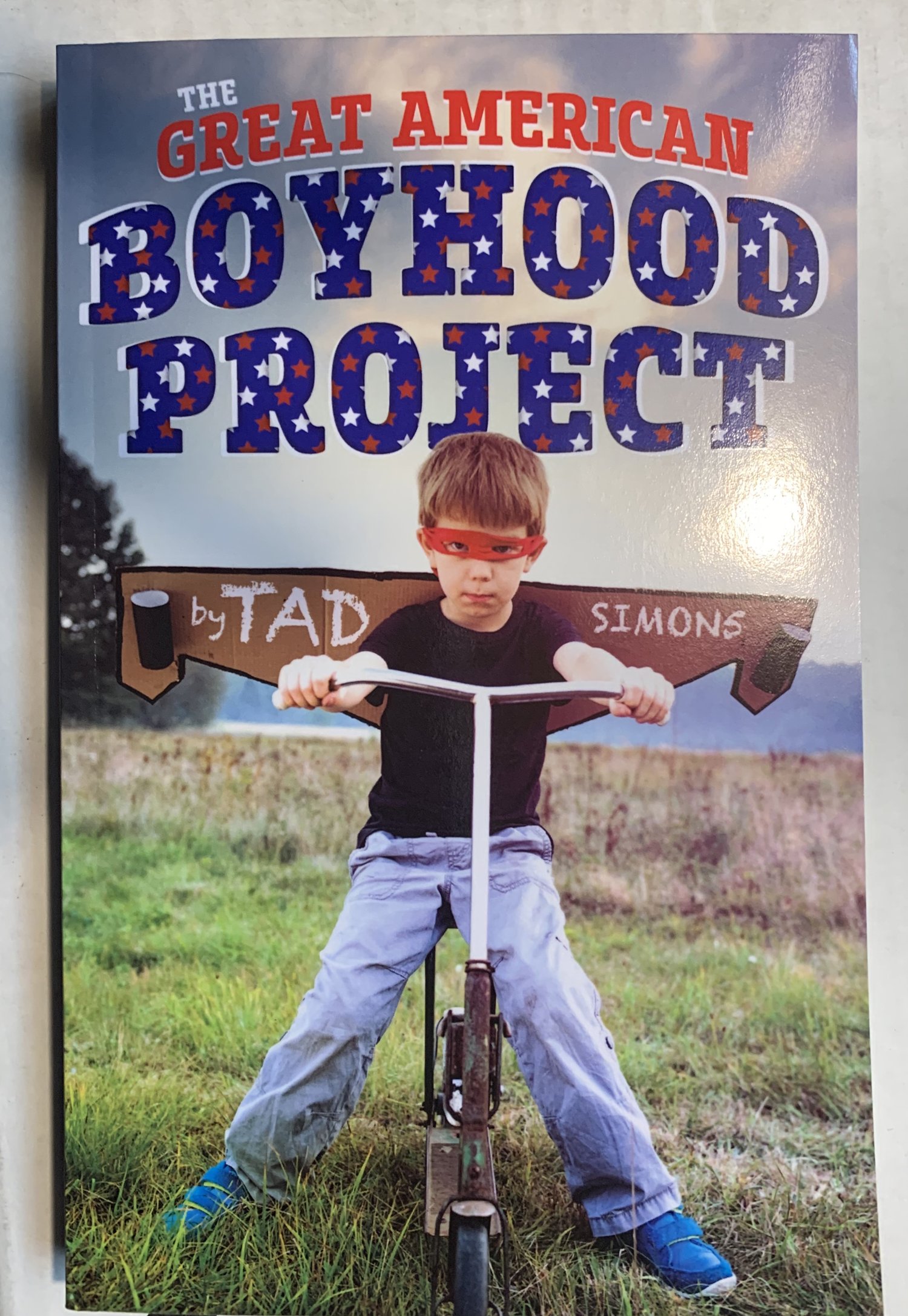It is said that good books are written the same way as bad ones—by someone sitting in a chair desperately trying to write a “great” book.
As a writer, though, how does one tell the good from the bad? Why is it so hard to will greatness onto the page? More to the point, what can aspiring writers do to increase the odds that the next sentence they write won’t suck?
Well, the first thing an aspiring writer must learn is how to reject advice from others. I do this by assuming from the outset that every sentence I write is pure gold, and that every story I write is a shining diamond of brilliance surrounded by all that gold—which is why my next book is going to sell for two-million dollars. It’s up to others to prove me wrong, and if they try—by pointing out some inconsistency in a story’s timeline, or an incorrect fact, or a place where word or two missing—my standard reply is, “You are wrong.” If they come back at me with, “No, you are wrong,” my standard second reply is, “You are an idiot.” If they say, “No, you are an idiot,” then I start shouting at them and threatening them with bodily harm.
The key is not to back down, under any circumstances. It also helps to have a loaded weapon nearby, in case the person you’re dealing with thinks they’re God’s gift to writing. Always remember, it’s you who are God’s gift to writing. If you encounter someone who thinks otherwise and wants to offer you unsolicited writing advice, simply cock your weapon and inform them that they should shut the fuck up and leave, before things get ugly.
Another tip: Under no circumstances should you accept what teachers like to call “constructive criticism.” Constructive criticism is just a passive-aggressive way of saying that your work isn’t as good as you think it is. The trap is in allowing yourself to think this might be true. That’s the beginning of the end—when doubt, second-guessing, and lack of confidence start to guide the writing process. The next thing you know, you’re re-writing everything, trying to make every sentence “better,” when all you’re really doing is listening to someone else’s advice rather than following your own infallible artistic instincts.
Always remember: You are the artist, the person whose soul is connected to the great unknown, the one who best understands the essential you-ness of you, so everything you write is, by definition, perfect. And how can you improve upon perfection? You can’t. So don’t even try.
In order to de-program yourself from the ridiculous and time-consuming idea that “writing is re-writing,” and that all writing can be “improved” using such tired tactics as honest self-reflection and judicious editing, it helps to understand that “quality” is a relative concept in writing. After all, who’s to say what’s “good” or “bad”?
For decades, editors and publishers were the “deciders” on such issues. They picked books they liked based on their own biases about what constitutes a “story”—biases they picked up by paying way too much attention to their teachers in school. Now that we have the Internet, though, literary geniuses everywhere are free to publish their work online, by themselves, circumventing the petty nit-pickers employed by the nation’s major publishing houses. Writers are now free to find an audience of like-minded souls, people unencumbered by the rigorous phonetic standards of yesteryear or the rigid conventions of Aristotelian logic—people who don't care if all the words are spelled correctly, or if all the punctuation is in the right place, or if the story makes any sense. All of those tired, 20th-century ideas about literary "merit" and "quality" can now, thankfully, be retired. We live in the 21st century now. No one needs that shit anymore.
So if you’re sitting there wondering if the next sentence you write is going to sub-standard dreck, step back and get some perspective. By which I mean pour yourself a drink and write another sentence. If your experience is anything like mine, every sentence you write will be better than the last one, until pretty soon you can hardly believe how awesome you are.
But go ahead and believe it. That’s what I do.
Not about you, of course, just me.
